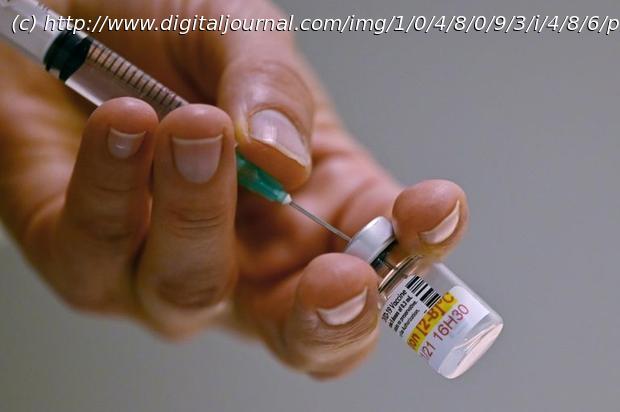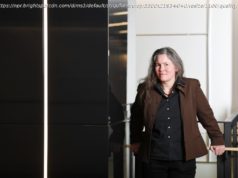A new international survey of attitudes to the various coronavirus vaccines shows an underlying current of misinformation. Beyond this, there are some stark national variances …
A new international survey of attitudes to the various coronavirus vaccines shows an underlying current of misinformation. Beyond this, there are some stark national variances in relation to those who are opposed to being immunized. Concern about having the vaccine is higher in France then any of the other nations. The results indicate that almost 40 percent of the French public would not have a vaccine if offered. This is twice the rate in Britain (14 percent), and compares to 12 percent in Italy and 17 percent in the Netherlands. While hesitancy is also worryingly high in the U.S. (26 percent) and Germany (23 percent), France remains way ahead. Quite why anti-vaccine misinformation is so high in the French republic is unknown. What is further interesting, in terms of public policy, is how this correlates to a lack of trust in government. The survey indicates that only 11 percent of U.S. citizens and 13 percent of French citizens trust their governments to be a reliable source of information on vaccines, compared to vastly higher scores for doctors and health authorities. In contrast, it is Indian respondents, with a score of 44 percent, who place the highest trust in their government for vaccine information. As policy-makers grapple with vaccine hesitancy, such findings indicate that family doctors and health authorities need to be conveying the message to populations, rather than central governments. Health authorities and family doctors are considered the most reliable sources of information on vaccines across all markets (44 percent and 35 percent respectively). National differences will partly rest on whether health centers are part of the state apparatus (as with the U.






